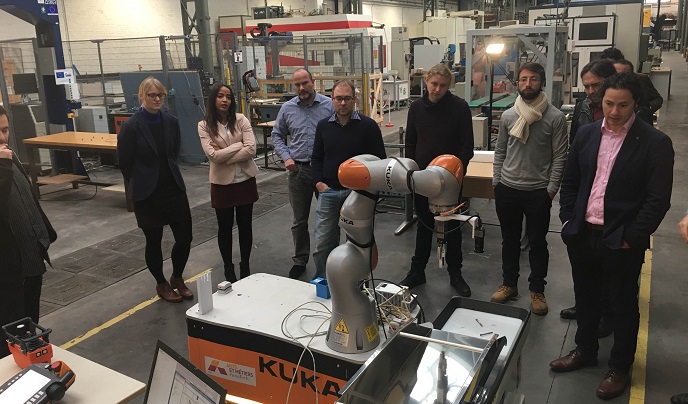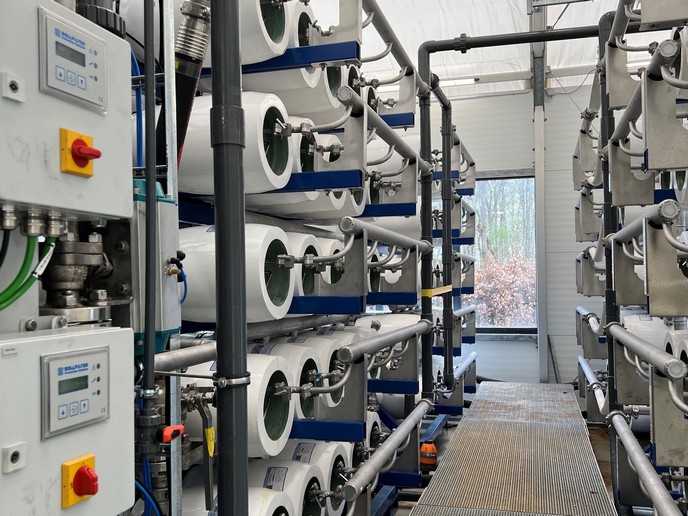Shedding light on tomorrow's labour markets
Implications for the job market in Europe are profound, prompting European policymakers to rethink economic models and labour markets. The EU-funded project 'Employment 2025: How will multiple transitions affect the European labour market' (NEUJOBS) investigated possible futures in light of these developments. The project studied four different areas of change or 'transitions'. It examined socio-ecological transition, which represents changes in social organisation and culture, as well as production and consumption in a more sustainable future. NEUJOBS also considered societal transition considering population ageing, fertility rate, changing family structures, urbanisation and increased female employment. The third transition concerned new territorial dynamics and the balance between agglomeration and dispersion forces. The fourth dealt with skills transition, with project members exploring its possible effects on employment and equality. Six unique research groups were launched in order to study these different themes in more detail. Project partners delivered detailed projections for economic and employment developments. They also carried out extensive research on the drivers of particular industries and population groups. They include energy, health care and goods/services for the ageing population, child care services, housing and transport, women, the elderly, immigrants and Roma. Lastly, all project outcomes were extensively analysed and made available in a stand-alone publication titled 'Let's get to work! The future of labour in Europe'. NEUJOBS provided valuable insight into labour issues and the future of labour markets. Policymakers and other decision makers will now be able to further adapt Europe's economic, employment and social policies to the objectives of smart, sustainable and inclusive growth.
Keywords
Labour market, job market, socio-ecological transition, societal transition







